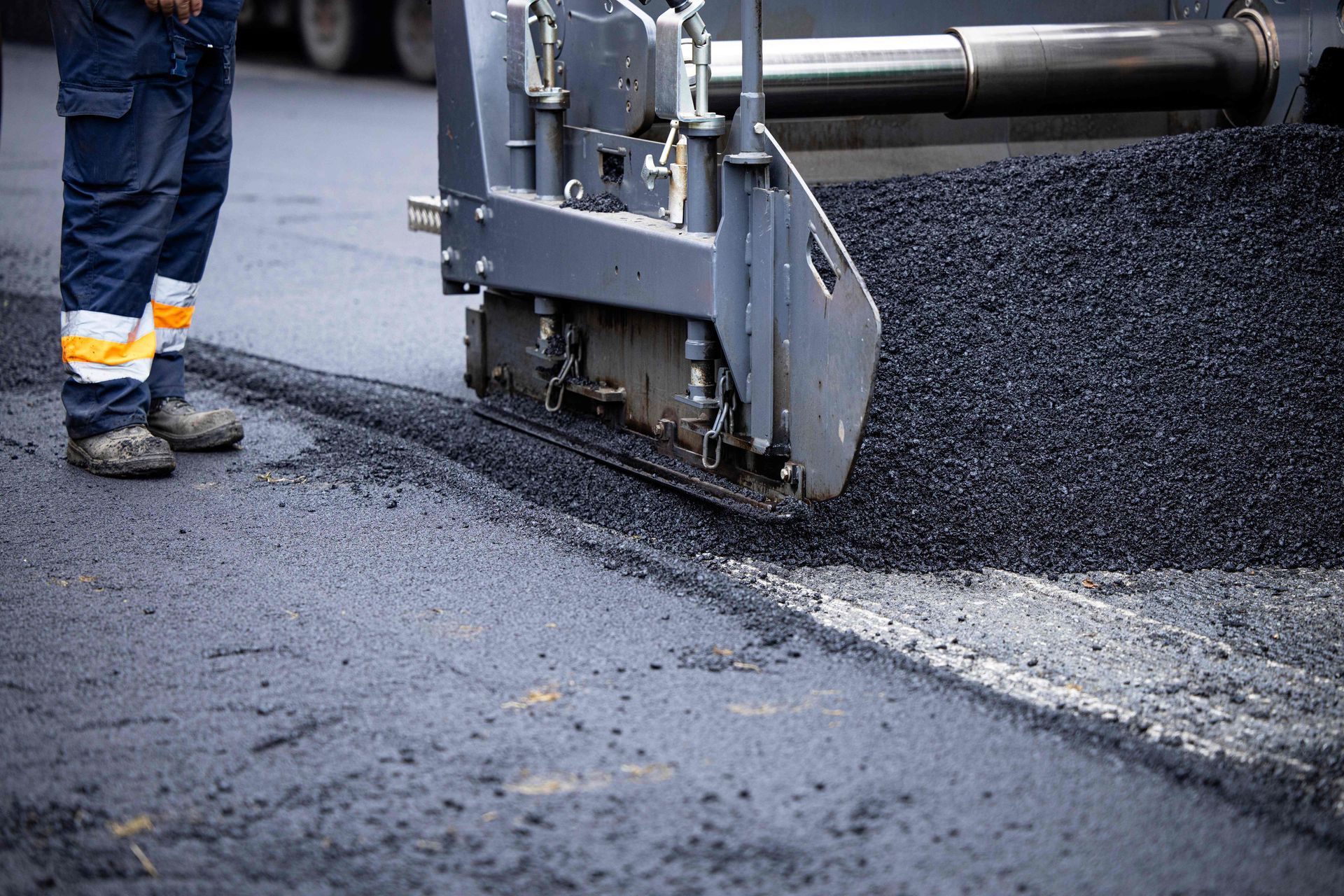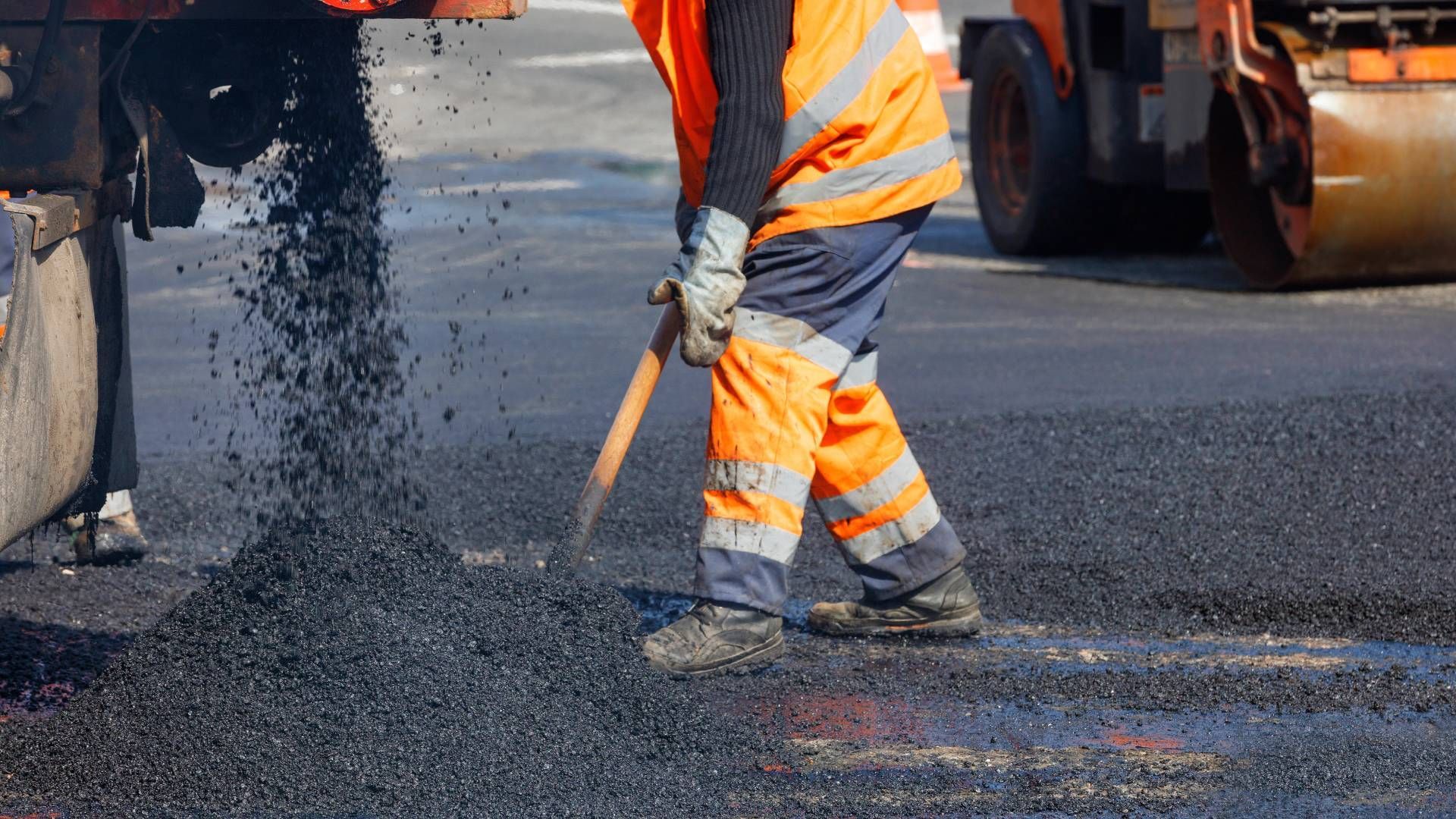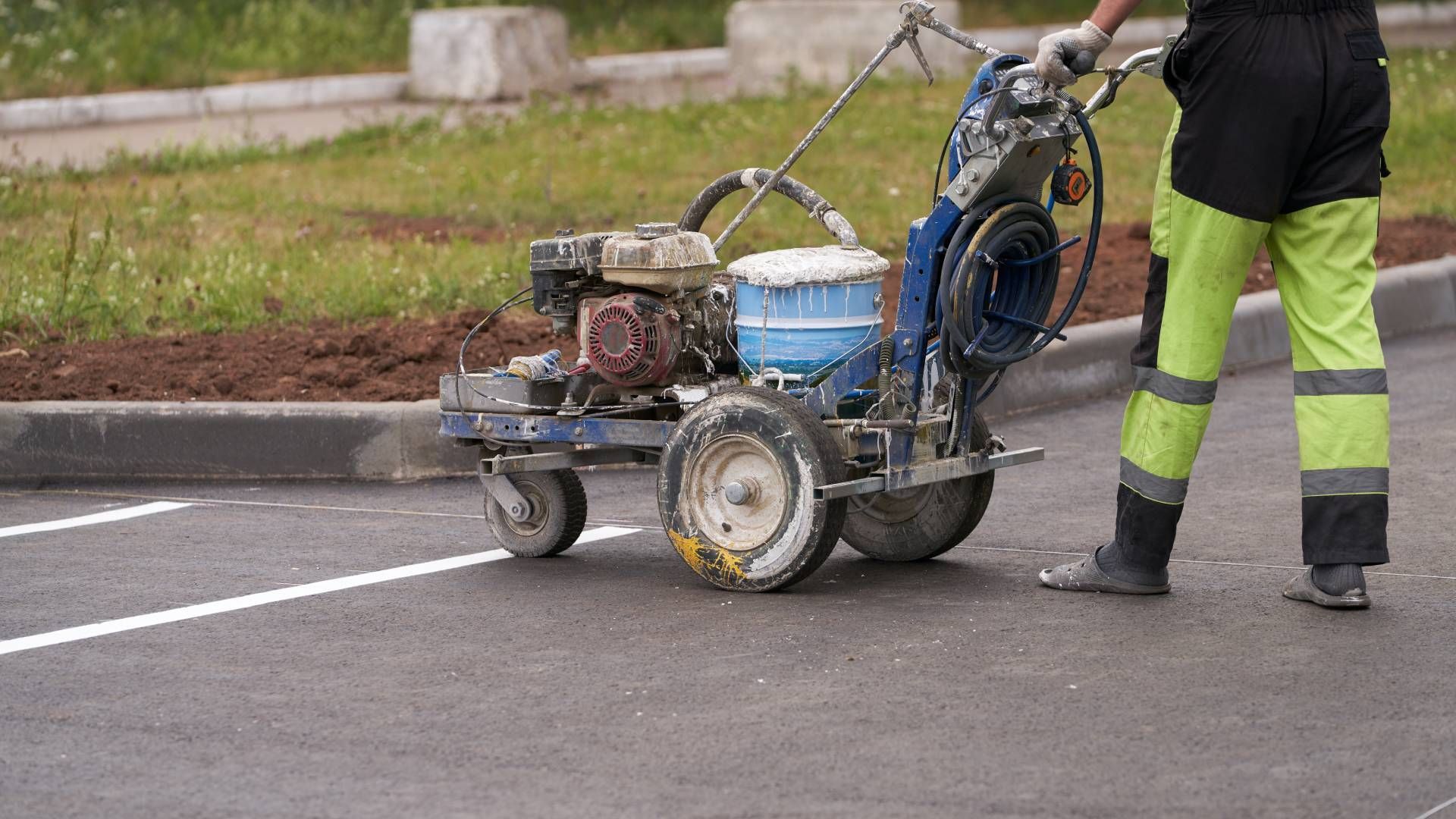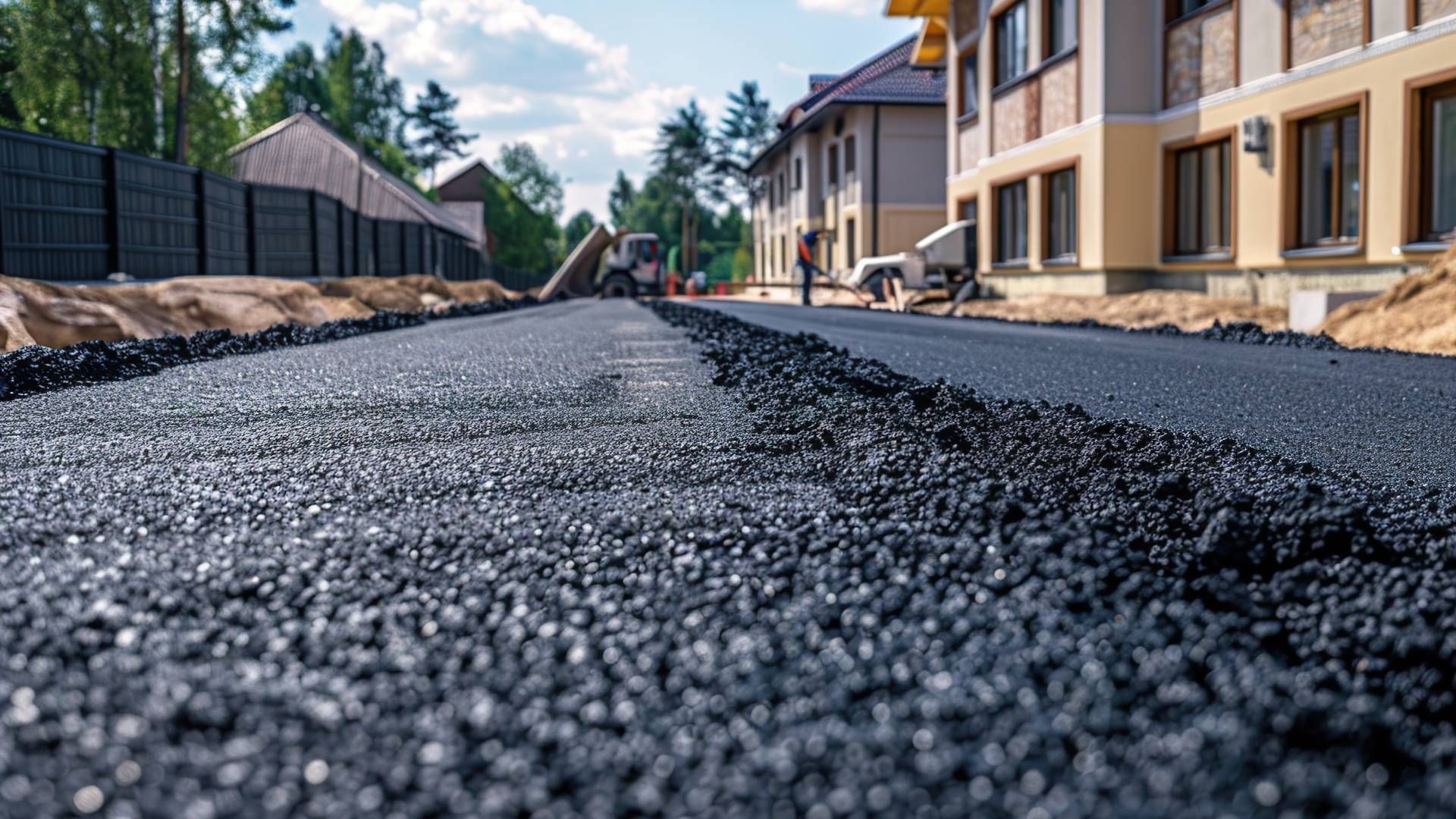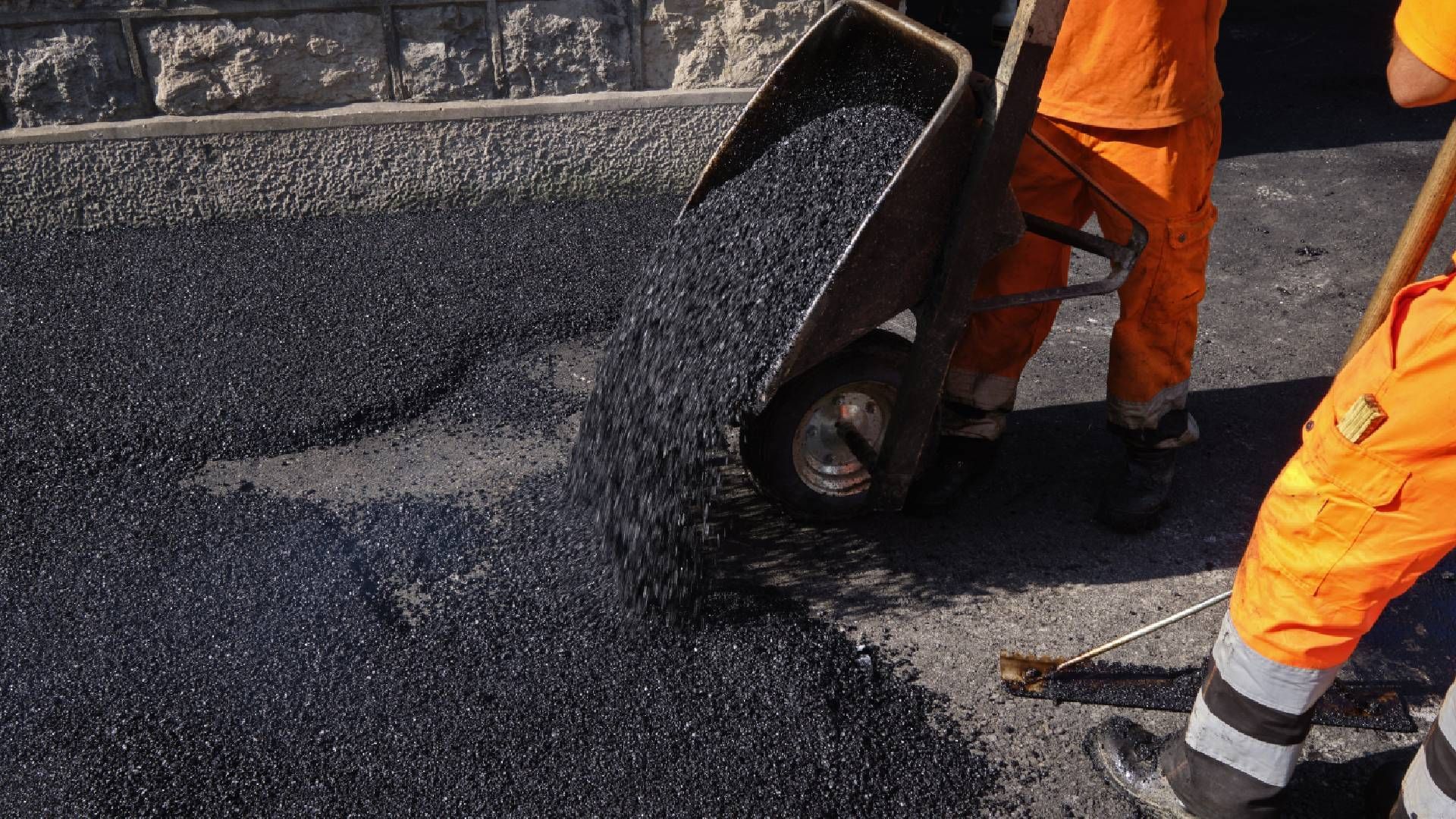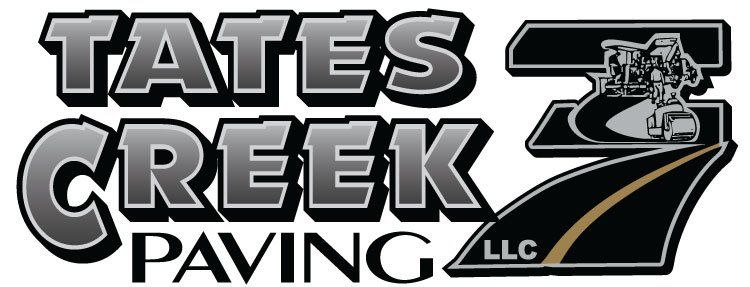Does Salt Damage Asphalt?
There is nothing more exciting than that first fall of snow. Whether you enjoy making snow angels or prefer to observe from inside your cozy home, it is nothing short of magical. However, that magic can quickly turn into annoyance when you have to figure out how to clear driveways, sidewalks, parking lots, and other pathways. Salt is a go-to method for clearance, but it leaves many wondering the same question: Does salt damage asphalt? We discuss how to manage snow and ice without causing damage.
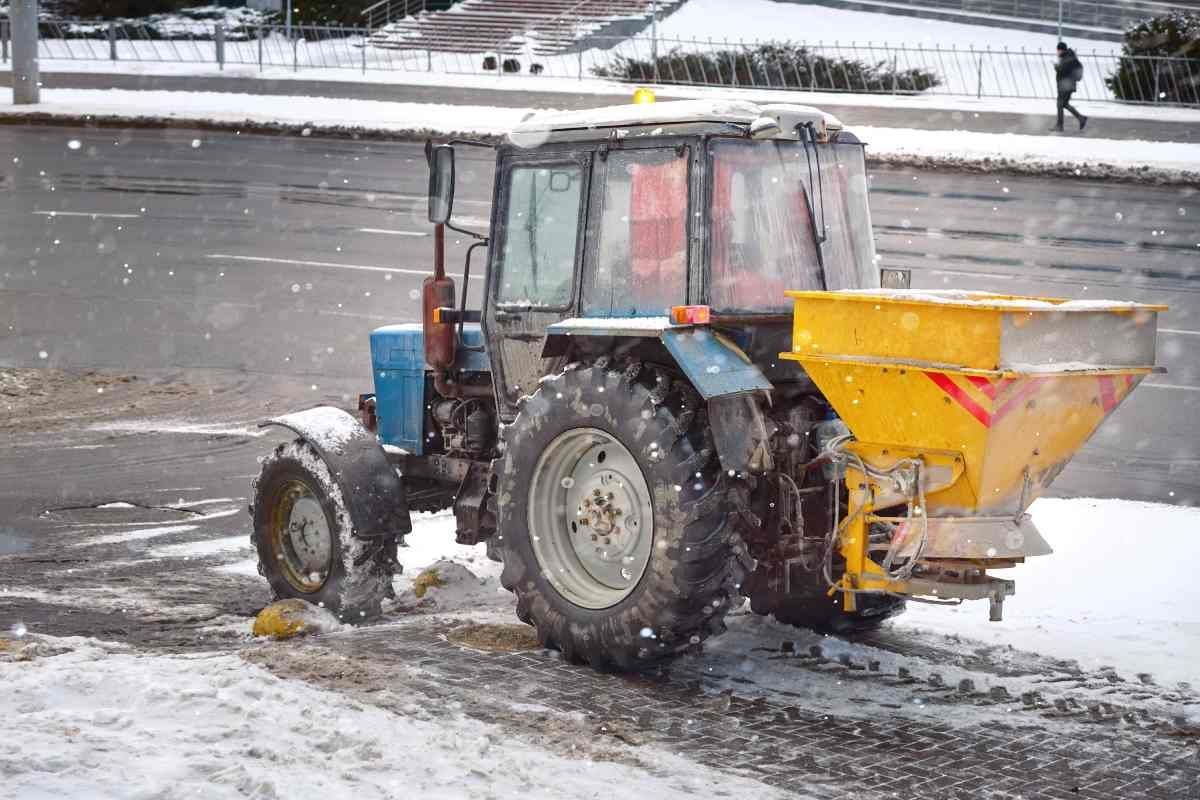
How Salt Affects Asphalt
Salt (particularly rock salt) is extremely effective at lowering the freezing point of water, which makes it a great choice for ice prevention and removal. However, salt can cause problems for asphalt over time. Though asphalt itself is relatively resistant to salt damage, the issues often come from water seeping into small cracks and crevices. When water enters these cracks and freezes, it expands, leading to further cracking and potholes. Additionally, salt can accelerate the breakdown of the asphalt binder, which weakens the surface over time. In areas with heavy salting during winter, the repeated freeze-thaw cycle can cause serious damage to asphalt.
Can You Put Salt on an Asphalt Driveway?
Even though salt can affect asphalt, putting it on your driveway is perfectly acceptable. However, it should be used sparingly and strategically. Some of our tips for minimizing potential damage to your asphalt include:
- Use Salt Alternatives: Alternatives like calcium magnesium acetate, or sand are less harsh on asphalt while still reducing ice and increasing traction.
- Seal Your Driveway: Applying a quality seal coat to your driveway helps protect the asphalt from water infiltration and chemical damage caused by salt and other ice-melting products. Our team is happy to provide this service.
- Apply Before Inclement Weather: Pre-treating your driveway with a light sprinkling of salt before a storm can reduce ice buildup, reducing the amount needed afterward.
How To Clear Snow from Asphalt Safely
As mentioned, there is nothing wrong with using salt on your driveway to prevent ice from building up. However, it is all about strategy and being intentional. One of those strategies includes clearing snow in the winter to maintain a healthy asphalt driveway. Here’s what we recommend:
- Shovel Early and Often: Prevent buildup by shoveling early and frequently. We also suggest using a plastic snow shovel instead of a metal one to prevent scraping the asphalt’s surface.
- Invest in a Snow Blower: A snow blower is less abrasive than a shovel and can clear large areas quickly without causing damage.
- Use Eco-Friendly De-Icers: Look for environmentally safe products designed to protect both your driveway and the surrounding landscape.
- Inspect and Repair Cracks: Before winter hits, inspect your driveway for any cracks or potholes and get them repaired. This reduces the chance of water seeping in and freezing.toll.
Protect Your Asphalt During the Winter
While salt is an effective ice-melting option, overuse can accelerate asphalt wear and tear. By following our tips and tricks above, you can keep your driveway in top condition no matter how much snow Lexington, Kentucky, sees. Of course, if you have any questions or concerns, our professional paving company can help assess your driveway, fulfill repairs, and provide trusted advice.
Ready to get ahead of the weather? Be sure to contact or visit us today.
Tates Creek Paving is located in Lexington, Kentucky, and proudly serves Lexington, Richmond, Paris, Versailles, Nicholasville, and Georgetown, Kentucky.

